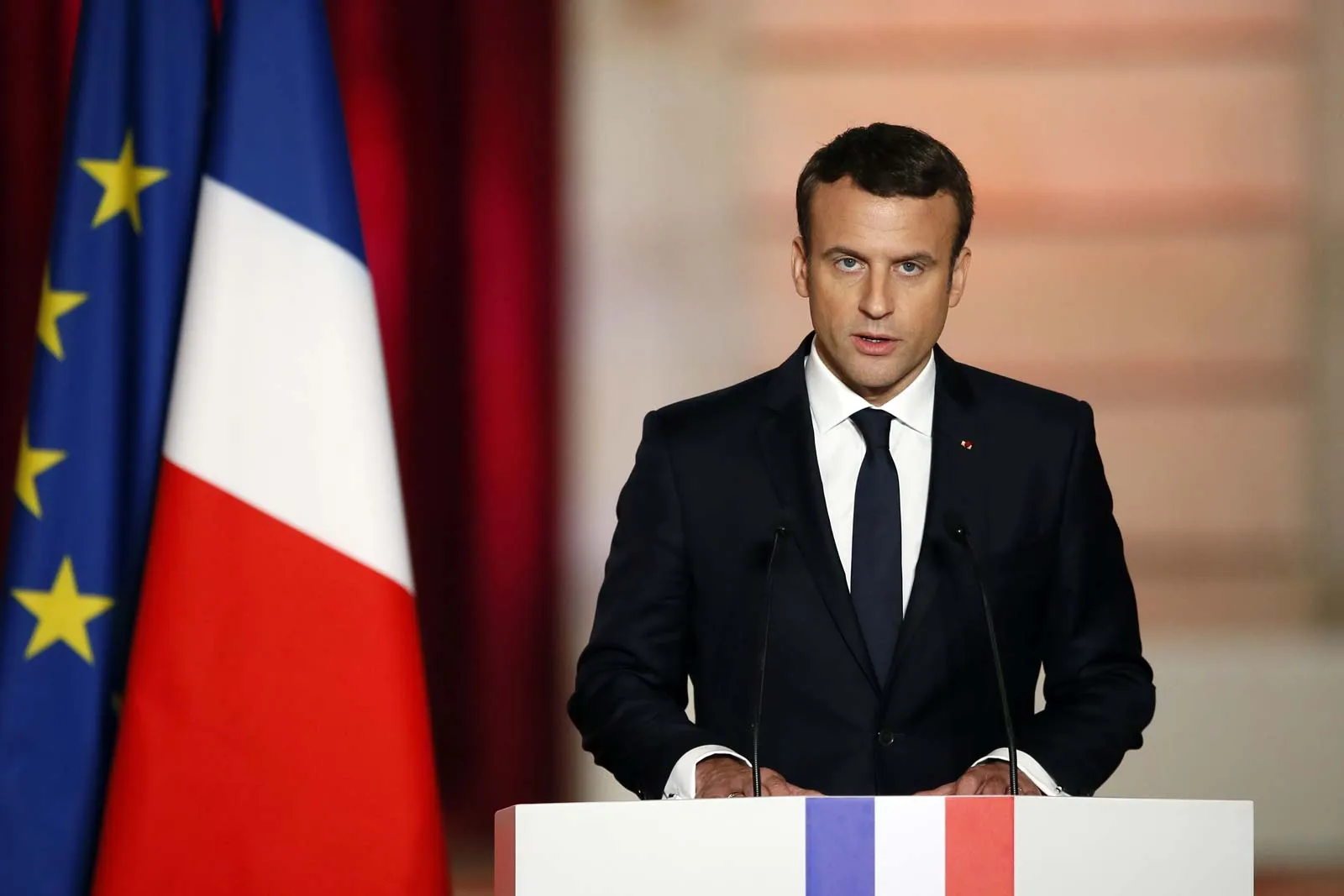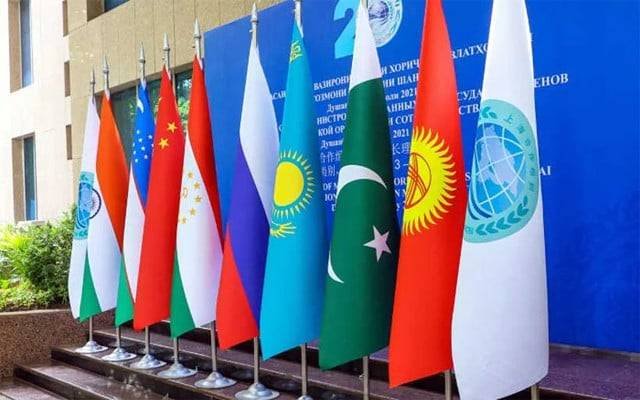Pakistan has strongly rejected Indian Prime Minister Narendra Modi’s “misleading and one-sided” comments on regional peace, as stated by the country’s Foreign Office (FO) on Monday. The response came after Modi’s remarks in a podcast with American podcaster Lex Fridman, in which he accused Pakistan of being hostile and betraying every attempt to foster peace.
In the interview, released Sunday, Modi claimed that all of India’s attempts to build peaceful relations with Pakistan were met with aggression and betrayal. He added that he hoped “wisdom would prevail” in Islamabad to improve bilateral ties. However, Pakistan’s Foreign Office quickly dismissed his statements as “misleading” and “one-sided,” pointing out that they ignored the long-standing and unresolved Jammu and Kashmir dispute, which has persisted for over seven decades despite India’s commitments to the United Nations and the Kashmiri people.
In his podcast appearance, Modi also reflected on the historical tensions between India and Pakistan since the Partition, which he described as a period of bloodshed. He mentioned that India expected Pakistan to “live and let live” after the tragedy but claimed that Pakistan continuously chose to be at odds with India, even accusing the country of waging a “proxy war” against India. Modi also referred to terrorism, alleging that global terror attacks, including the September 11th attacks, had connections to Pakistan, and blamed Pakistan for fostering a “terrorist mindset.”
The Indian leader claimed that his government had made multiple attempts at peace, such as inviting Pakistan to his swearing-in ceremony, only to face “hostility and betrayal.” He expressed frustration at Pakistan’s alleged refusal to embrace peace.
In response, Pakistan’s Foreign Office condemned Modi’s “fictitious narrative of victimhood” and emphasized that India was actively involved in fomenting terrorism on Pakistani soil. It also criticized India for state-sponsored repression in Indian-occupied Kashmir (IoK) and reiterated that Pakistan has always sought constructive dialogue to resolve outstanding issues, including the Kashmir dispute.
The FO further stressed that India’s “anti-Pakistan” narrative harms the potential for peace and cooperation in South Asia. Pakistan insisted that instead of blaming others, India should reflect on its own actions, including orchestrating terrorism and subversion in foreign territories.
The longstanding tensions between Pakistan and India have often played out through mutual accusations, with Pakistan regularly rebutting India’s claims. Recently, in response to the Jaffar Express train attack in Balochistan, Pakistan’s Inter-Services Public Relations (ISPR) Director General Lt Gen Ahmed Sharif Chaudhry accused India of sponsoring terrorism in the region, pointing to evidence of Indian involvement in multiple incidents of violence.
Additionally, Pakistan’s military leadership, including Army Chief General Asim Munir, has rejected India’s accusations of Pakistani involvement in terrorism in Indian-occupied Kashmir, calling these statements an attempt to distract from India’s internal issues and human rights violations.
In a separate report, Pakistan’s Foreign Office highlighted a troubling pattern of extra-territorial killings, with multiple sources confirming that India has been involved in covert assassination campaigns targeting individuals in Pakistan. The Washington Post reported in December 2024 that India’s intelligence agency, RAW, has been running operations in Pakistan since 2021, allegedly involving killings of individuals considered threats to Indian interests. These operations are reportedly similar to tactics India has used in North America against Sikh activists.
Despite India’s consistent denials, the report has added further tension to the already strained relations between the two nations, with Pakistan urging the international community to take notice of these covert operations.
















